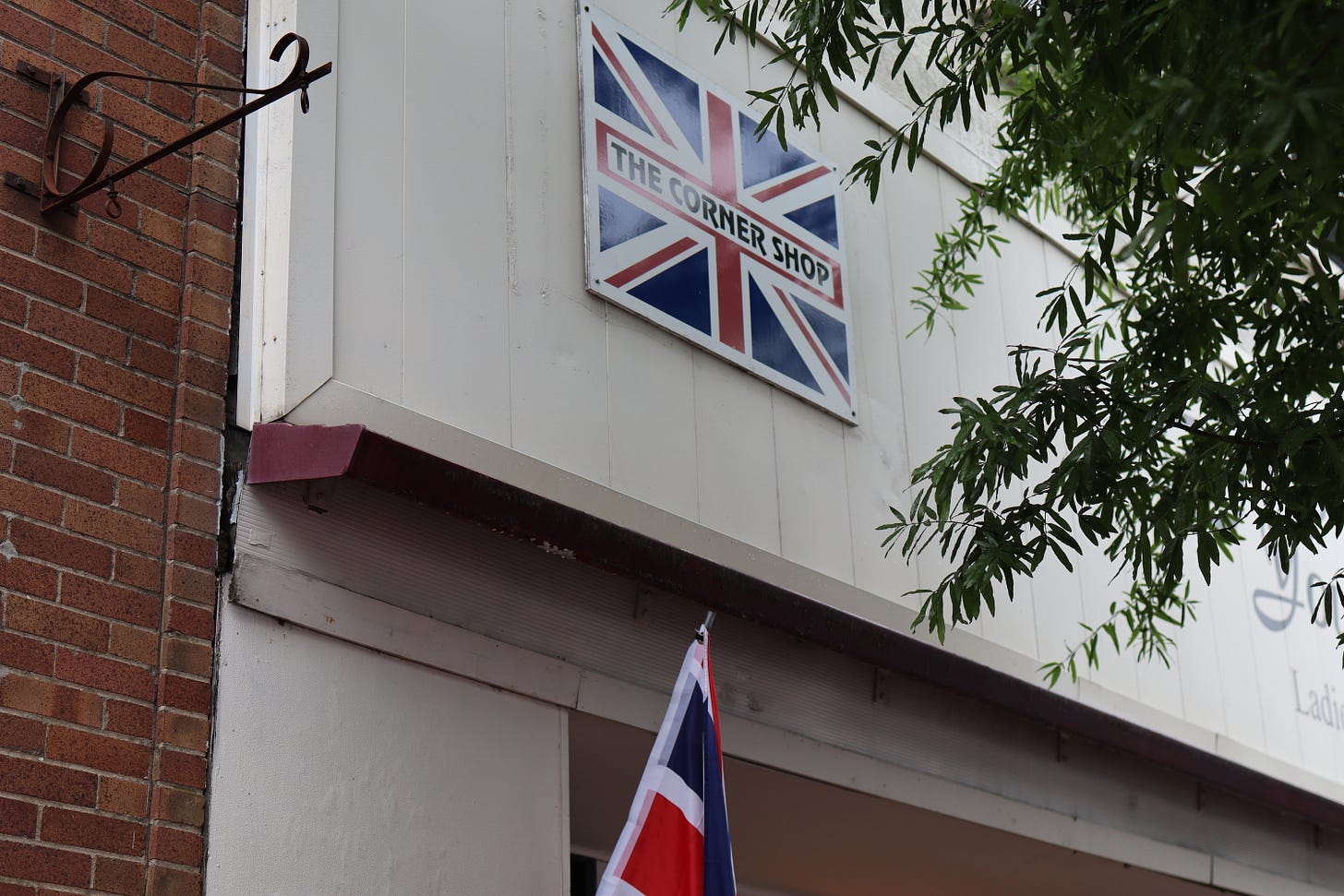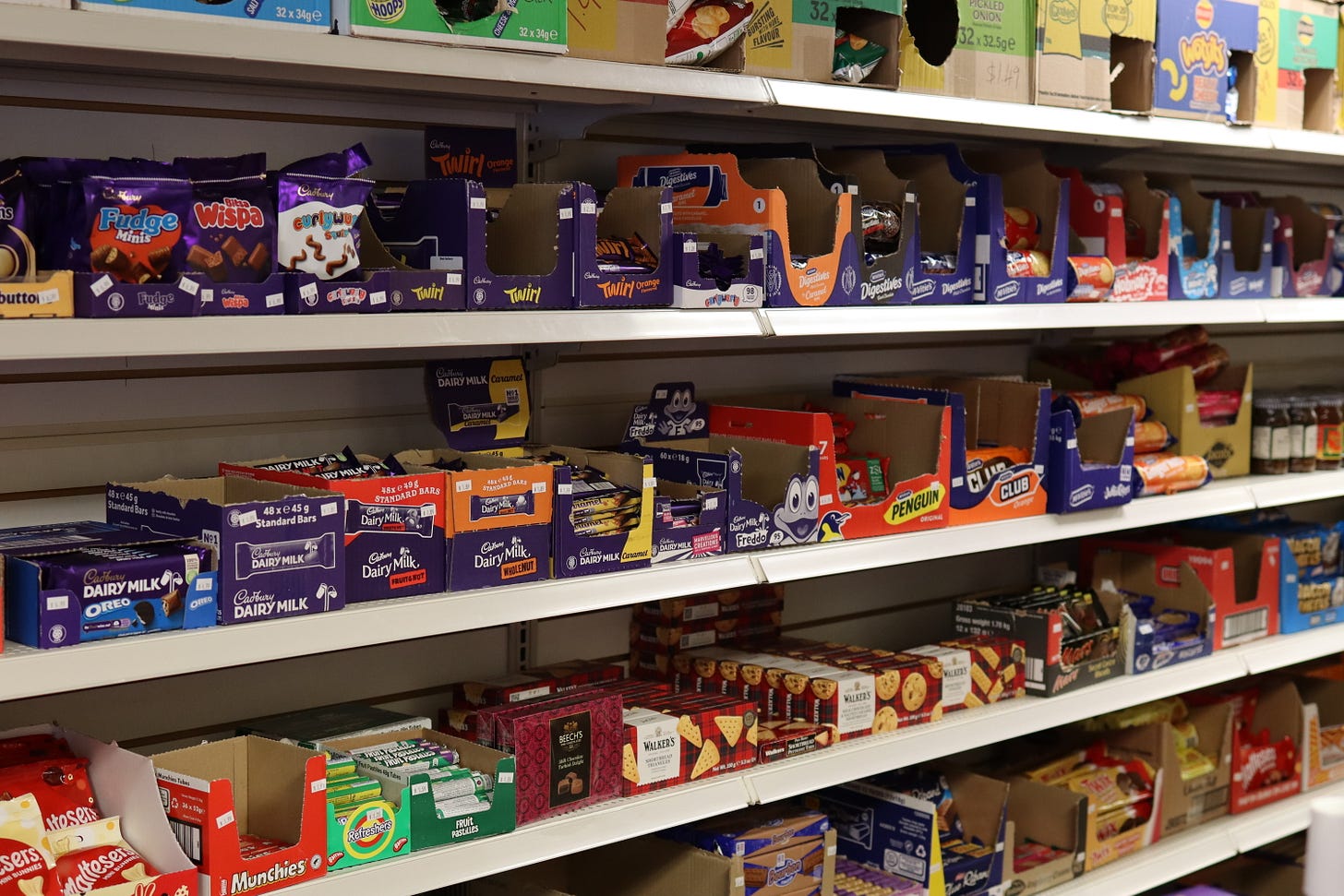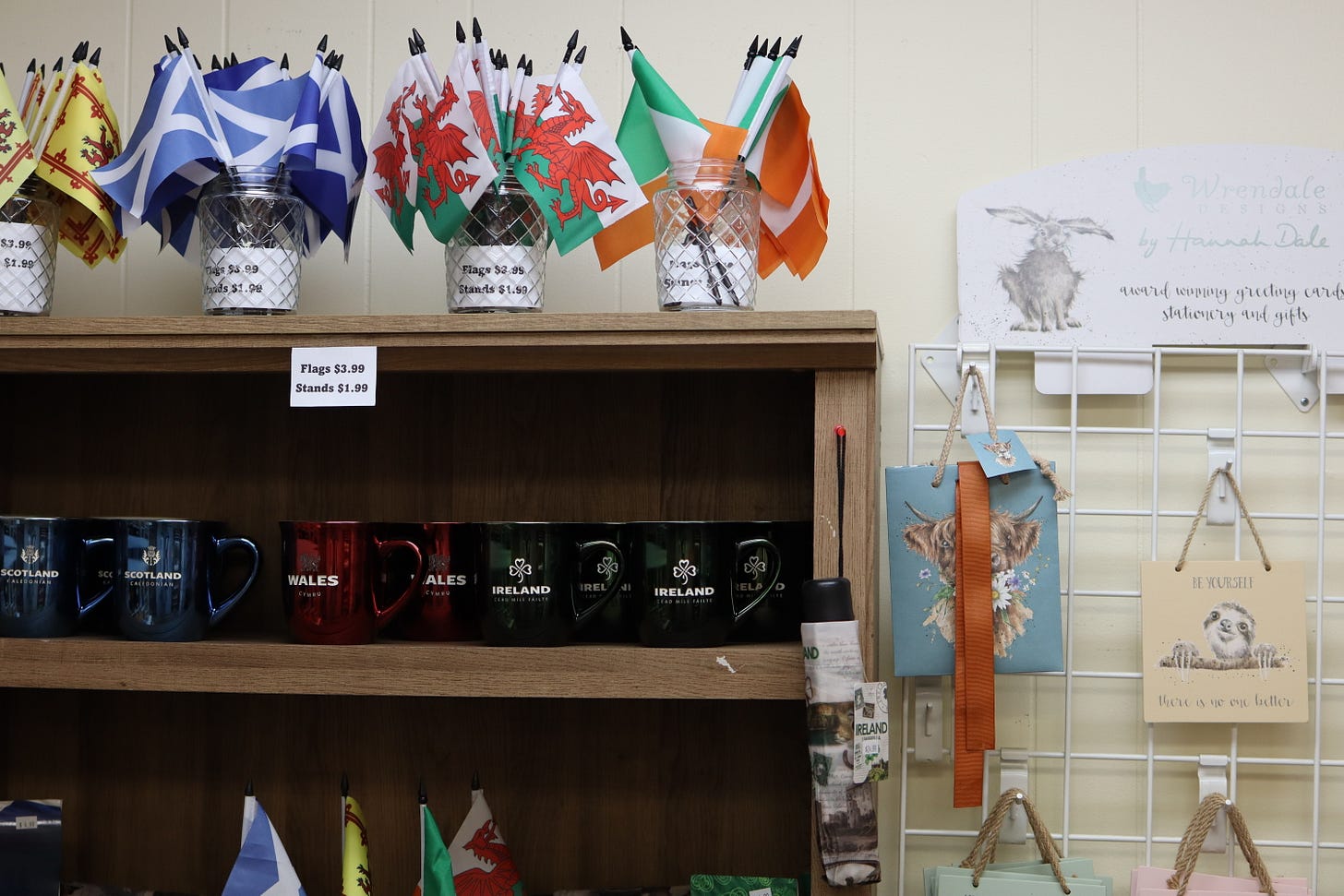The U.S. And China Are Getting Closer to a Trade Deal. Small Businesses Like This One in Georgia May Be Wiped Out if They Fail To Reach One.
How one Georgia small business is navigating the trade war -- and hopes for its quick resolution.
The United States and China have had the first productive conversation since “liberation day” — when President Donald Trump announced a flurry of tariffs aimed at virtually the entire world.
These negotiations, if successful, could lead to both countries lowering the massive trade barriers they erected following Trump’s directives.
While many large American firms that produce in China are watching these talks closely, there are also countless small businesses that rely on imports from the country.
Decades of trade liberalization have made China a cornerstone of the American economy, for better or worse, and these mom and pop operations inevitably carry the nation’s exported goods.
The Corner Shop in Marietta, Georgia, is one of those businesses. It exclusively sells British goods — you can purchase everything from Cadbury chocolate bars to specialty teas to the Union Jack.
The idea to open the store came to owner Tina Barnes around 16 years ago. She had just been laid off from her job and she decided she wanted to open a business to cater to British citizens who moved to the United States like herself (she’s originally from Wales).
“Initially I was opening it really only thinking about serving the expat population,” she told me in an interview.
But then she came to realize that a lot of born-and-bred Georgians wanted to purchase British goods, too.
“It wasn’t really until I opened I realized how many Anglophiles were in America,” she said. “A lot of our customers are people who’ve been there on vacation…or been over there for family things. And then a lot of it is just people who are interested in their genealogy and want to go over there but can’t get there so they come in the store, like the next best thing!”
Many of her goods are imported, unsurprisingly, from the United Kingdom; others are from Canada or the United States. She imports food largely from wholesalers in the U.S., so she doesn’t expect that to be disrupted very much by the trade war.
But she was shocked to see the costs that were dumped on her business by the tariffs on overseas goods. She had expected to have to absorb a 10 percent tariff on British goods, but the way that the tariffs were designed means that British items that were themselves imported from China are hit much harder.
“It doesn’t matter that the UK already maybe paid whatever duties they were going to pay,” she explained. “I’m importing something that initially came from China, so I’m still getting hit with the tariff bill because I’m the one in the U.S., and I’m bringing in Chinese products.”
As one example, she cited souvenirs imported from the UK that resulted in cost increases to her of well over 80 percent. That means to make a profit off of selling them, she might have to double their price.
For Barnes, The Corner Shop is a labor of love — a place where she can honor her heritage and help other Anglophiles get access to the goods they savor. These days she lives a state over, in Florida, and has paid employees who keep the shop going while she works a separate full-time job.
But she worries that if the tariffs hold, The Corner Shop may not be around for long.
“I had a good little cry thinking that it’s an absolute possibility that the shop may end up having to close at some point,” Barnes confessed.
I asked her what she might tell policymakers if she had a chance to have a conversation with them.
“You couldn’t print what I actually would say,” she told me at first, laughing.
Then she said she would just want to explain to our leaders what the tariffs actually mean for businesses like hers.
“If I thought for one second that they were going to listen I would just have them give President Trump a lesson in how tariffs actually work and let him know that he’s hurting American citizens, and he’s hurting small businesses, and somehow prove to him that China don’t pay these tariffs,” she said.






I thought something got worked out with the UK but don't know the details.
Is Trump creating an artificial problem and ruining lives in the process so he can say later he solved it? Kind of like an arsonist who heroically puts out a fire they started?
I have tremendous sympathy for this small business owner as well as any others dependent on imports. Ultimately the system we currently have of massive trade deficits and massive budget deficits is not sustainable. There is no way to fix it without people whose business is based on the current system getting hurt. It is unfortunate and we should not be callous about the pain of those suffering in the process, but it can't be a reason not to fix an unsustainable situation. It is hard to imagine a fix that doesn't have winners and losers and in the early stages there will surely be more losers than winners (people built their jobs on the current system, the new system is not in place yet to be set up for it). We can debate how we got here and the best way to get out of this mess, I don't see a case that can be made that we don't need to find a way out of this situation despite the inevitable and unfortunately pain it will cause of the along the way